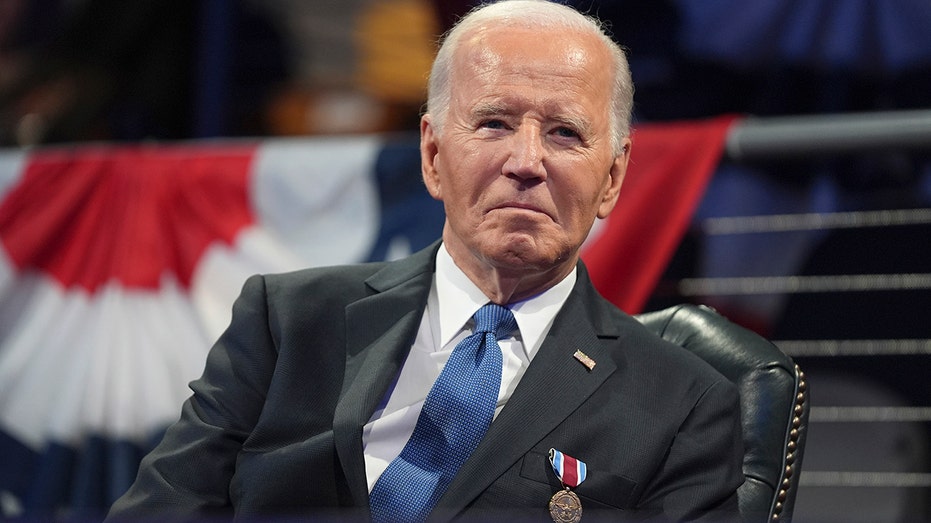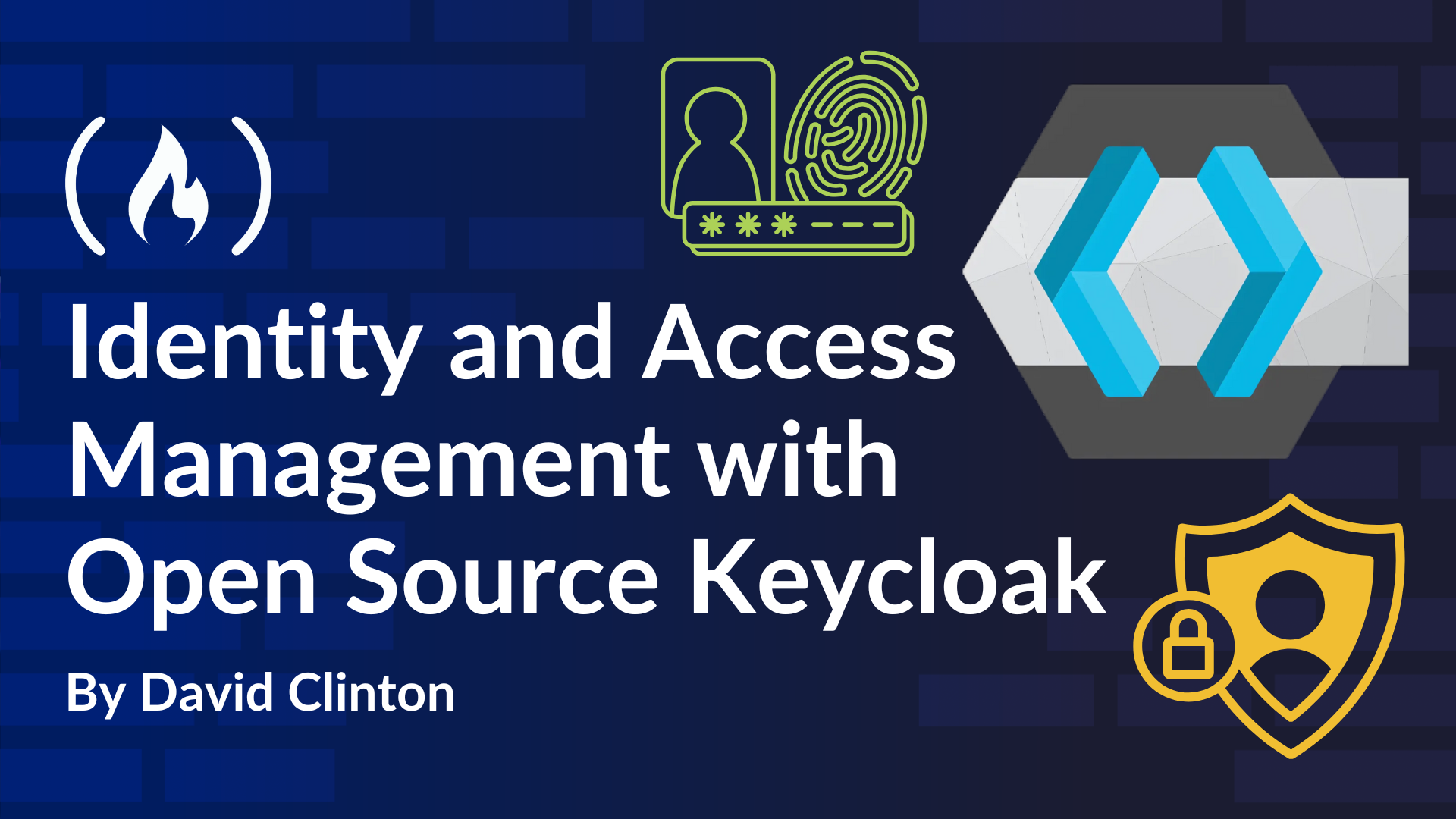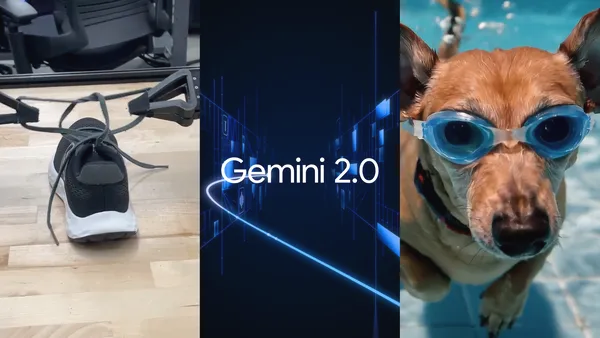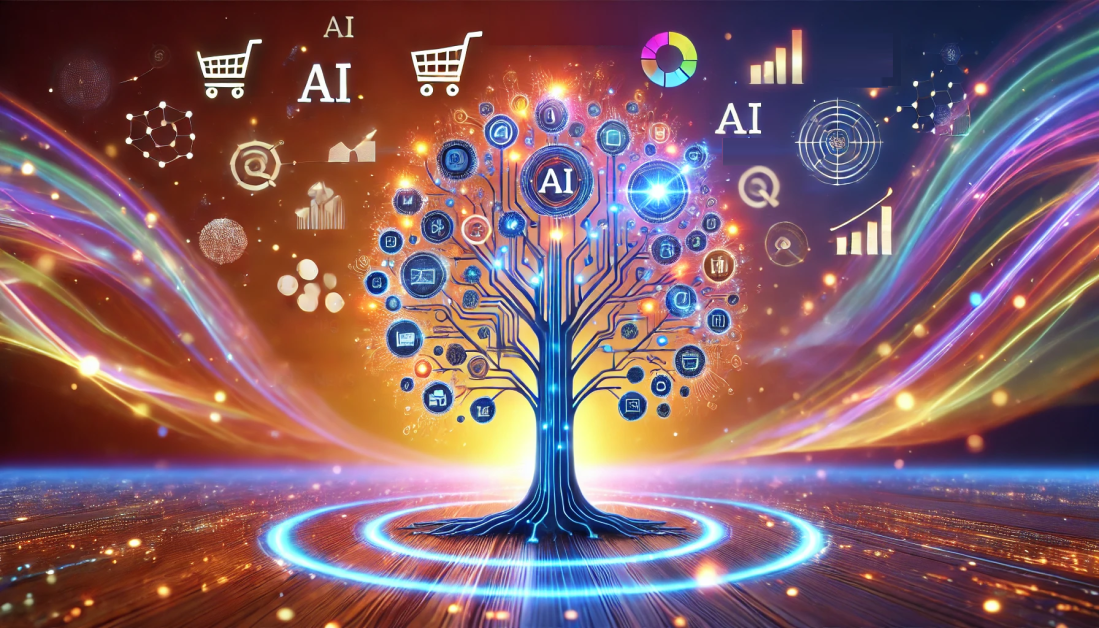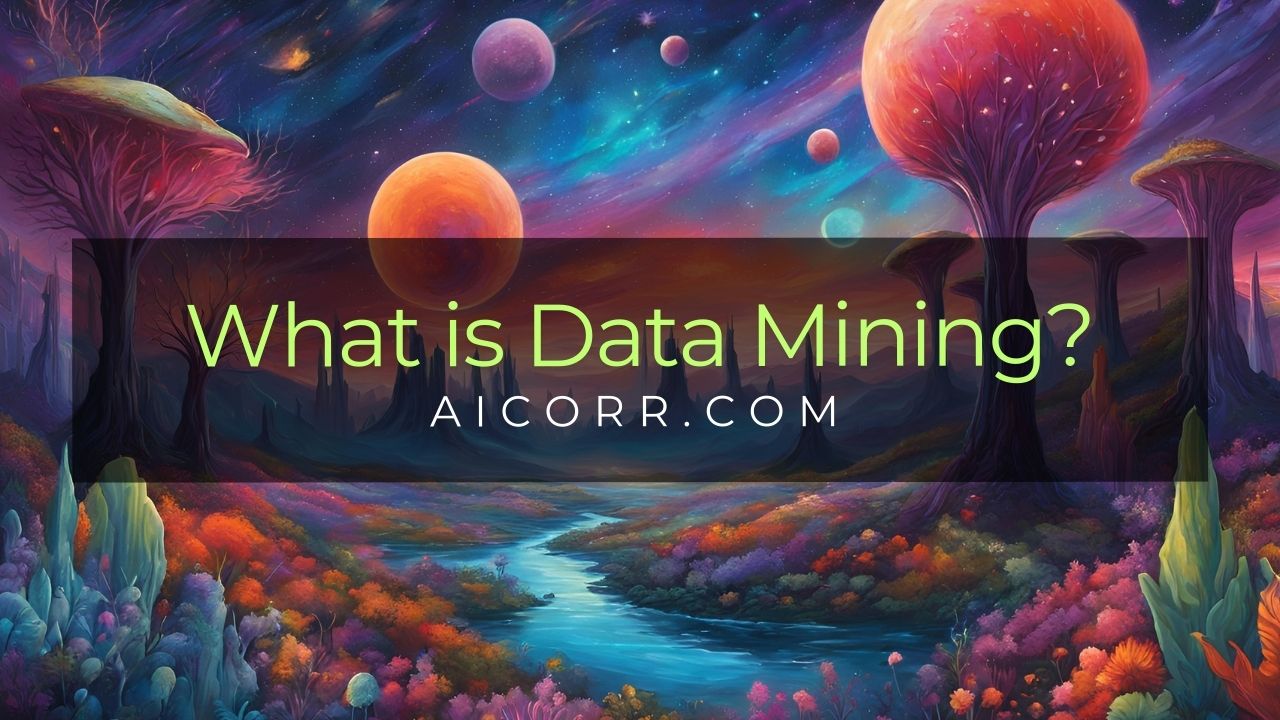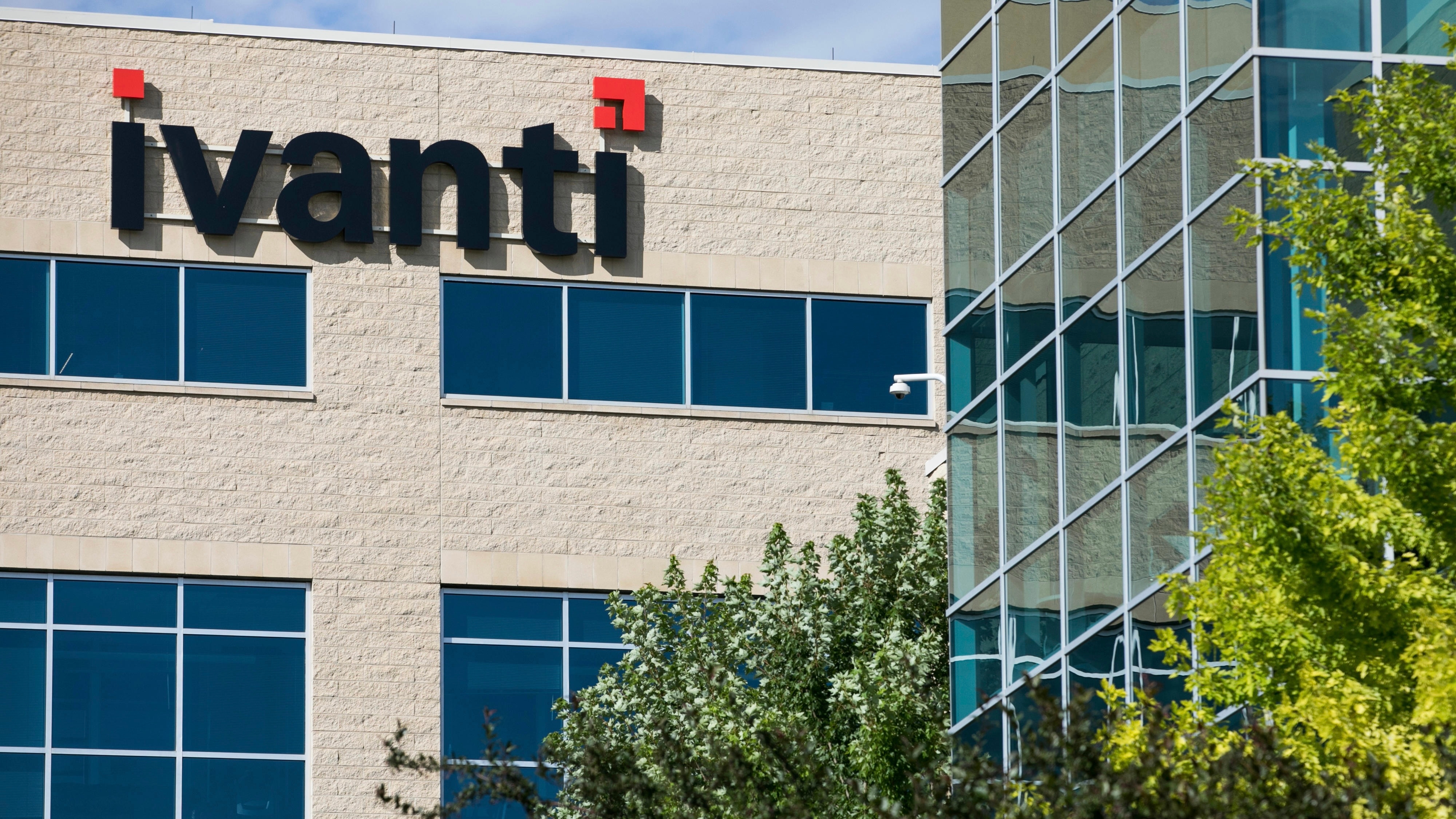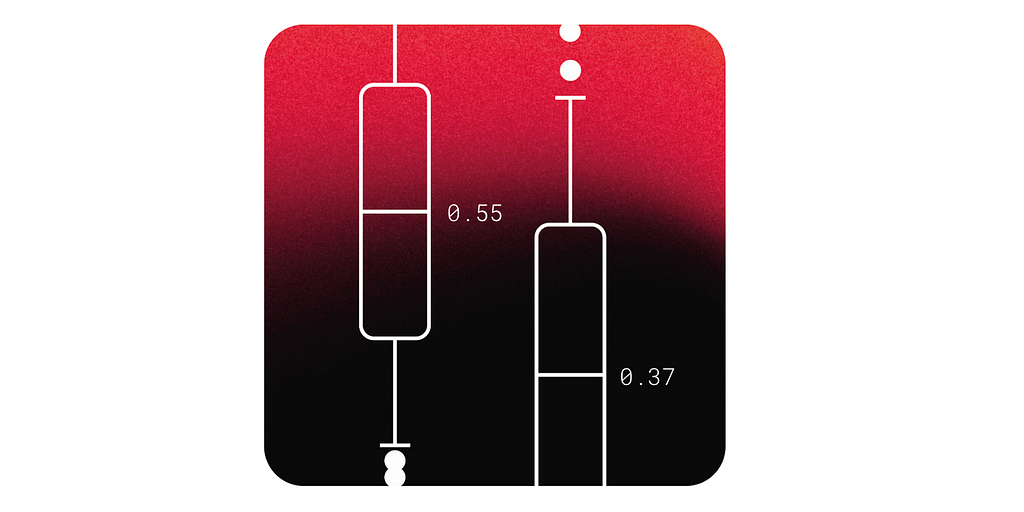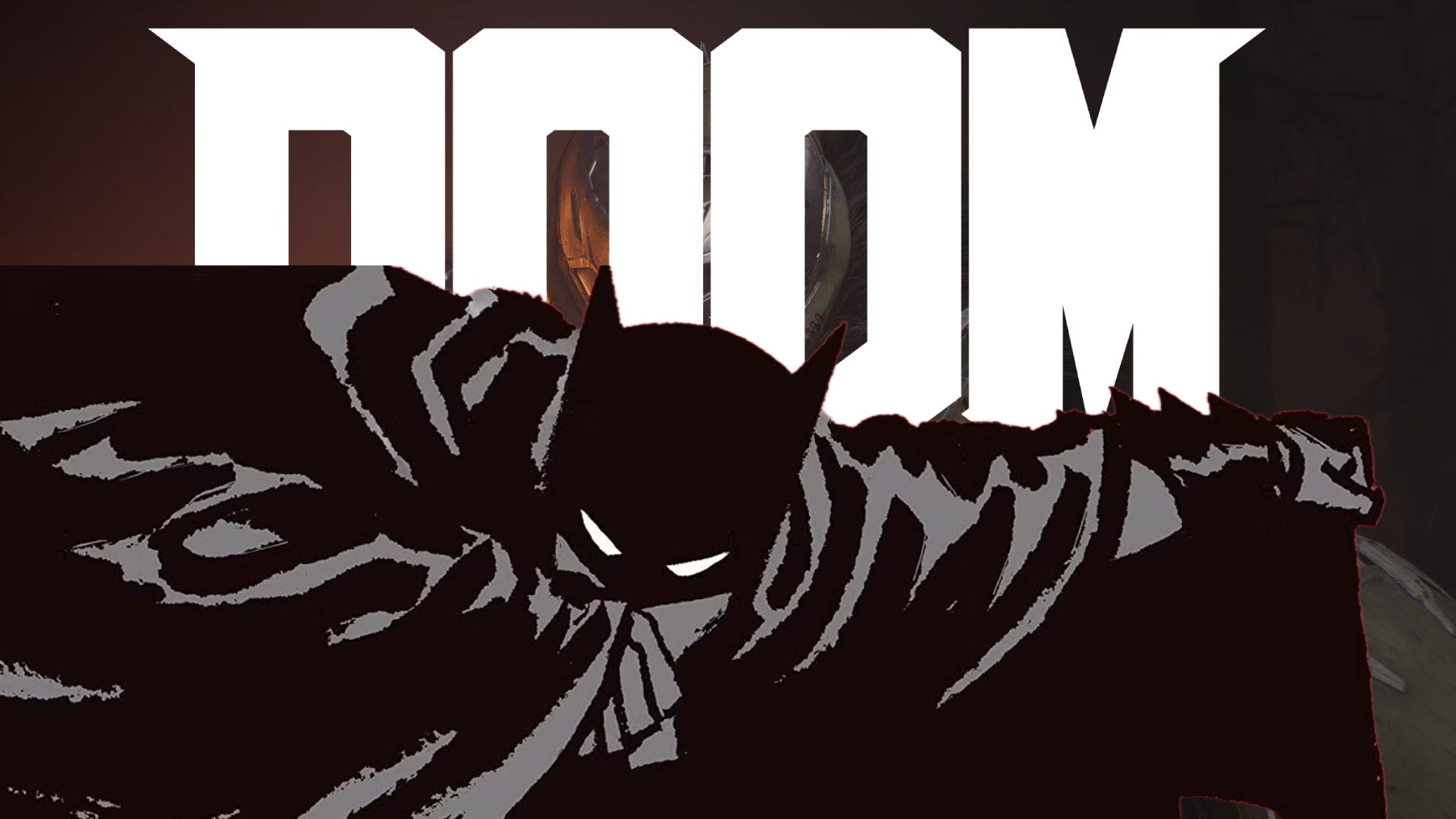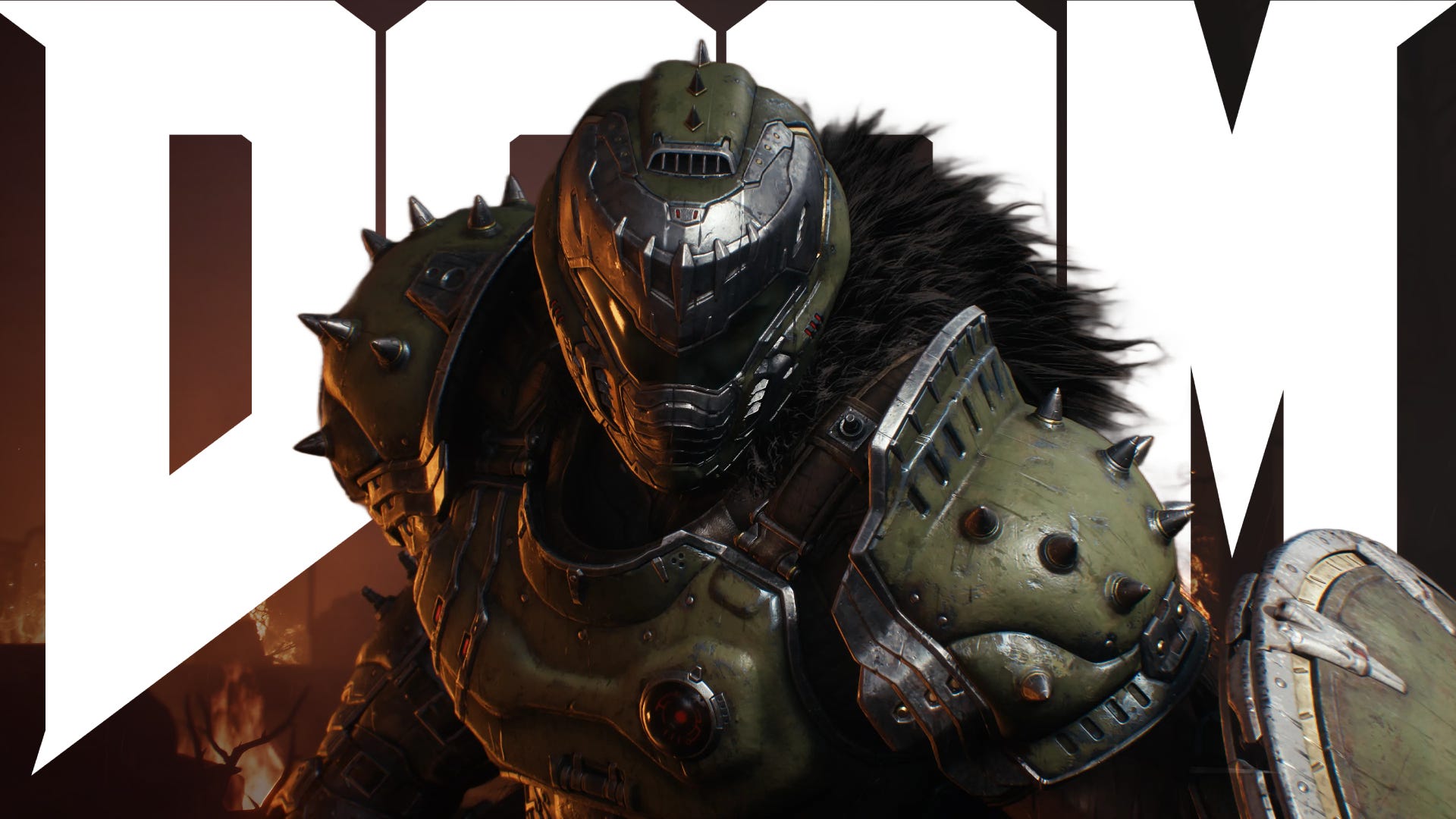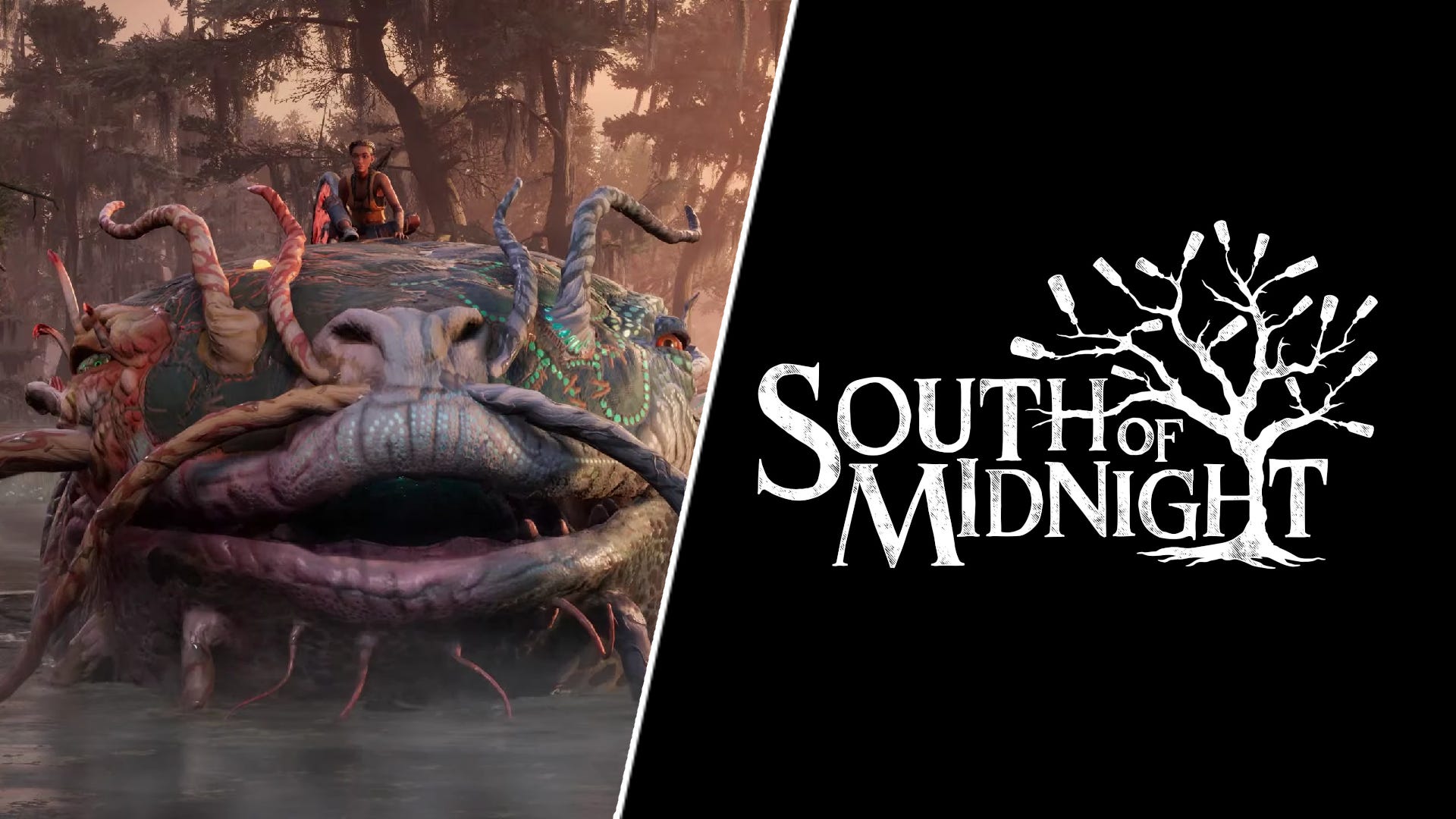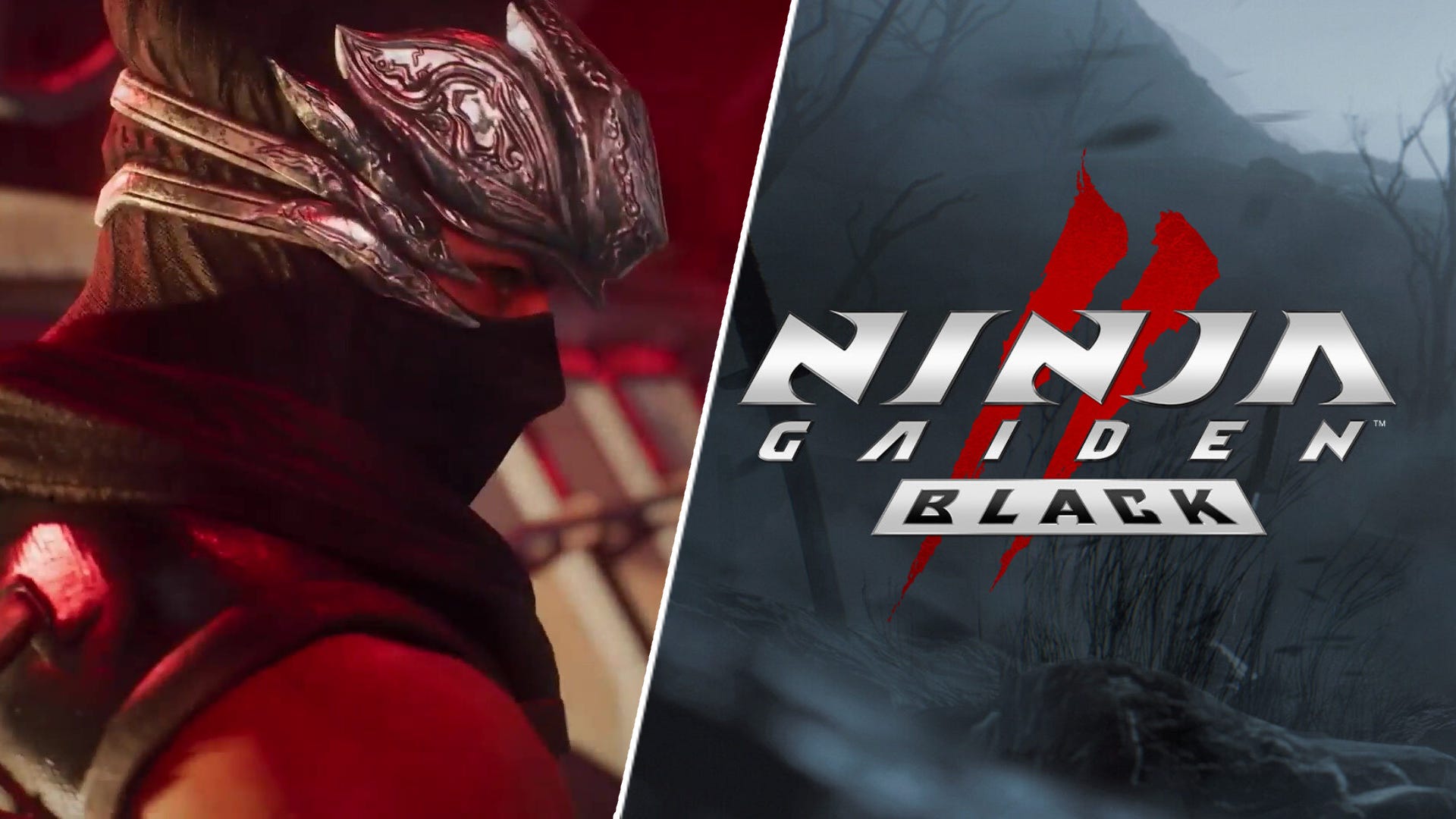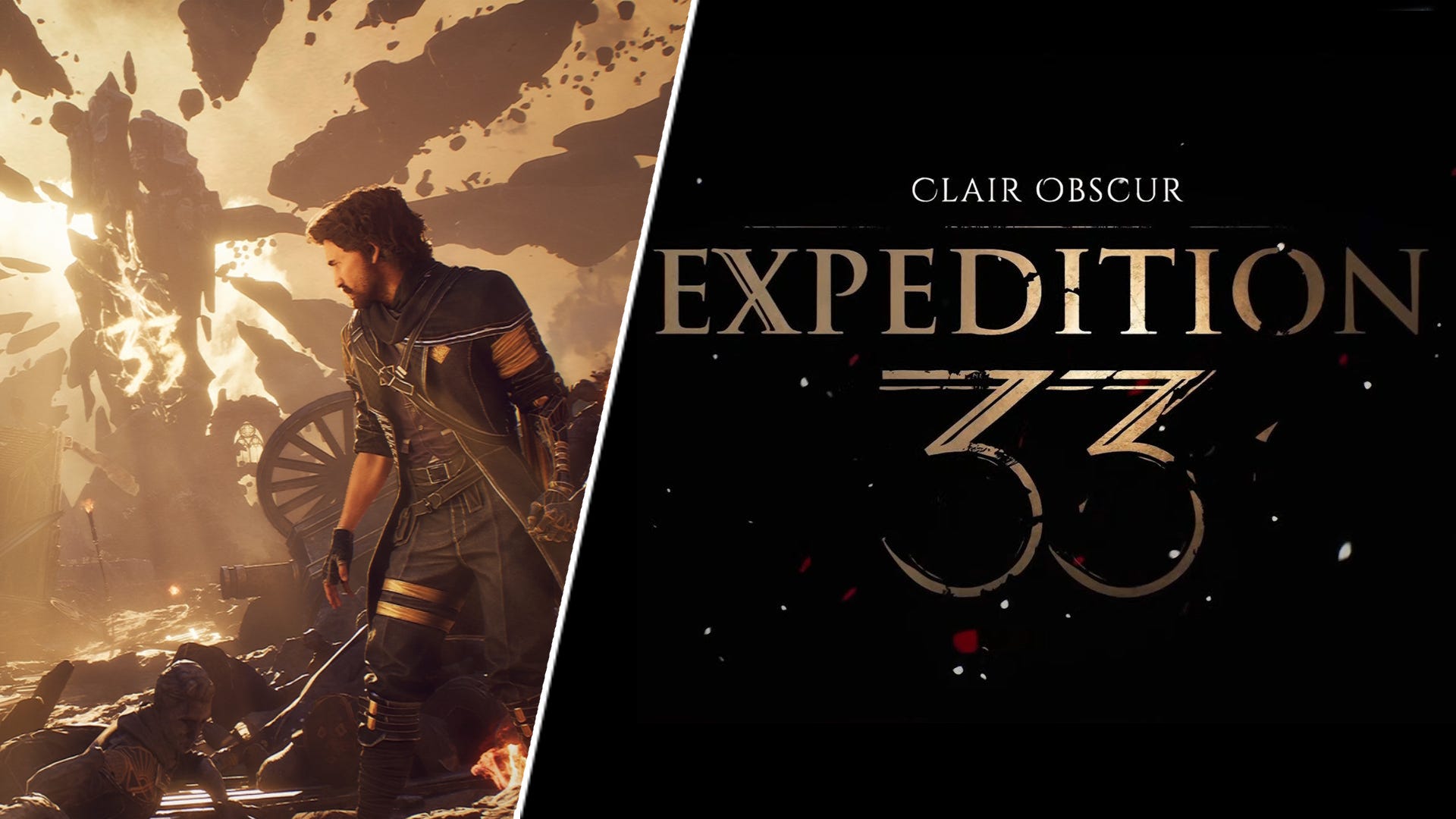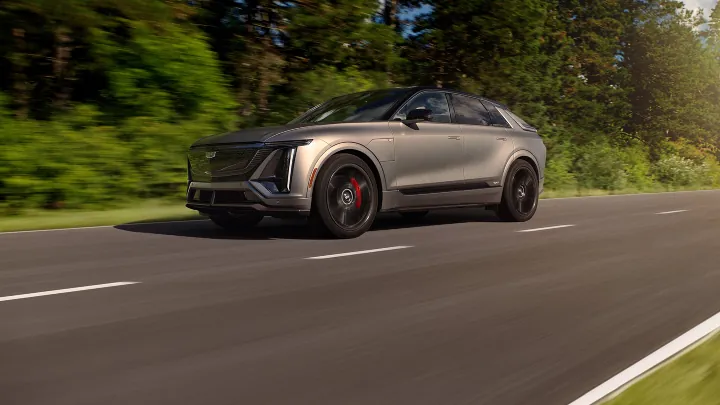The TikTok ban isn’t about national security — it’s censorship and government control
If TikTok goes, what’s next? Instagram? YouTube? The internet as we know it?

Imagine waking up one day and finding out that the platform you’ve spent years building your career on is just gone. Poof! That’s what’s at stake for millions of TikTok creators and small businesses as the Supreme Court heard emergency oral arguments in the case against the rabidly popular app.
TikTok isn’t just some time-wasting social media app. It’s a cultural force, a creative outlet and, for many, a career. If the court sides against TikTok, we all need to realize that it’s not just the app disappearing — it’s an entire ecosystem of entrepreneurship and innovation that’s being wiped out.
TikTok has served as a launchpad for small businesses, independent creators and everyday entrepreneurs. These influencers earn their living through TikTok. They’re building brands, marketing products and connecting directly with their audiences in ways we’ve never seen before. If TikTok disappears, so does this entire tranche of startup culture.
Think about it: how many small businesses have gone viral and found success because of one well-placed TikTok? How many creators have turned their passions into full-time careers? For many marginalized groups, TikTok has leveled the playing field, offering opportunities that traditional industries often keep out of reach. Losing TikTok would hit these communities hardest, and the ripple effects would be devastating.
Of course, TikTok isn’t just about money — it’s about connection. The app has reshaped how we consume and create media, giving rise to trends, movements and entirely new genres of content. Its algorithm doesn’t just reward the biggest creators; it helps ordinary people go viral. That’s why it’s become such a cultural phenomenon. It’s where artists launch their careers, activists rally support and small businesses find their customers. If we let TikTok get banned, we’re not just losing an app. We’re losing a space where creativity and community thrive. It’s a platform where people feel seen, heard and inspired — and that’s not something you can replace with another app.
The government’s main argument against TikTok is that its parent company, ByteDance, could share user data with the Chinese government. Sure, national security is important, but where’s the proof? Despite years of investigations, there’s still no clear evidence that TikTok has done anything shady with user data. It’s all just speculation.
Meanwhile, TikTok has gone out of its way to address these concerns. They’ve launched Project Texas, a multibillion-dollar plan to store U.S. user data on American servers with oversight from Oracle. They’ve also opened their doors to audits and reviews to prove they’re playing by the rules. If TikTok’s making this kind of effort, why aren’t other tech giants like Facebook or Google being held to the same standard? After all, they’re collecting just as much — if not more — of our personal information.
Let’s get real: Banning TikTok isn’t just about national security. It’s fundamentally and foundationally about control.
As was evident in Friday’s detailed arguments to the court by Attorney Noel Francisco, who represents TikTok, TikTok has given millions of people a platform to share their voices, build communities, and even make a living. Pulling the plug on that isn’t just inconvenient; it’s a form of censorship and “a burden on free speech.” And once the government starts banning platforms, where does it, in a purely practical sense, stop?
If TikTok goes, what’s next? Instagram? YouTube? The internet as we know it? The First Amendment isn’t just about what we say — it’s about where and how we say it. TikTok has become a digital town square where anyone can speak up, whether they’re sharing a funny video, breaking down complex topics, or calling out injustice. Silencing that platform sets a dangerous precedent for free speech in the digital age. Hence, as Francisco argued, “The real target of a TikTok ban is speech itself.”
Let’s talk about the elephant in the room. If the government is so concerned about data privacy, why hasn’t it passed new and comprehensive laws to protect us? The U.S. is way behind other countries when it comes to regulating how companies collect and use personal information. Targeting TikTok doesn’t solve the real problem — it’s just a distraction. As Justice Amy Coney Barrett seemed to believe given her questioning on the nature TikTok’s technology itself, what we need is legislation that holds all tech companies accountable, whether they’re based in China, Silicon Valley or anywhere else.
TikTok isn’t the villain here. It’s a symptom of a much larger issue: the lack of clear, enforceable rules for data privacy and security. Instead of banning the app, the government should focus on fixing the system.
This case is about more than TikTok. It’s about what kind of digital future we want. Do we want one where fear and politics dictate which platforms we’re allowed to use? Or do we want a future that values creativity, entrepreneurship and freedom of expression? If TikTok goes, millions of creators lose their livelihoods. Small businesses lose a vital tool. And we all lose a little bit of what makes the internet so special. The Supreme Court has a chance to stand up for these values and send a message that America is still a place where innovation and free expression can thrive.
In an ideal world, the Supreme Court won’t let fear or censorship win — and that’s what I actually believe will happen, in at least the short term. Given that the “go dark” date for TikTok is literally in the final moments of the Biden presidency, I believe the Supreme Court will grant temporary injunctive relief to have this all decided in more final form once Donald Trump again becomes president.
Aron Solomon is the chief strategy officer for Amplify. He has taught entrepreneurship at McGill University and the University of Pennsylvania.
What's Your Reaction?







